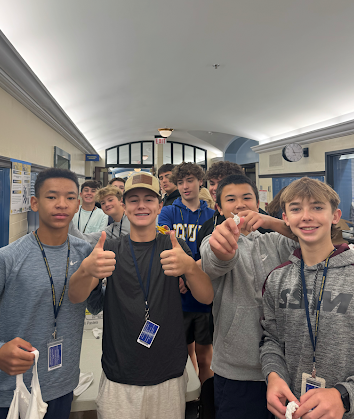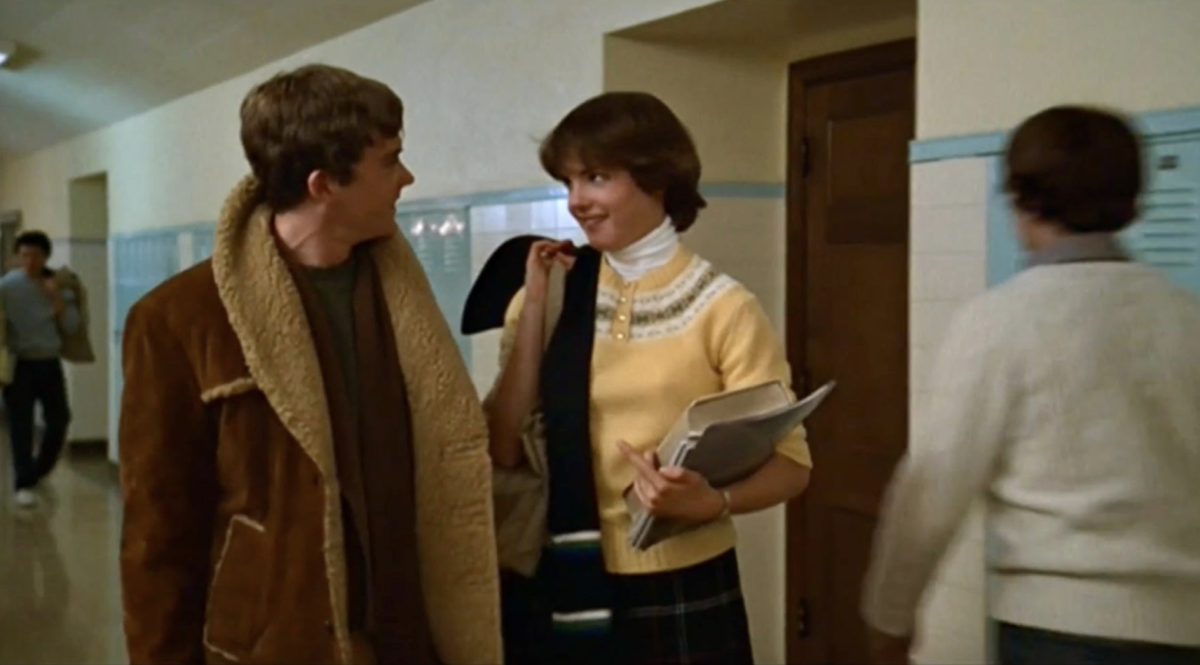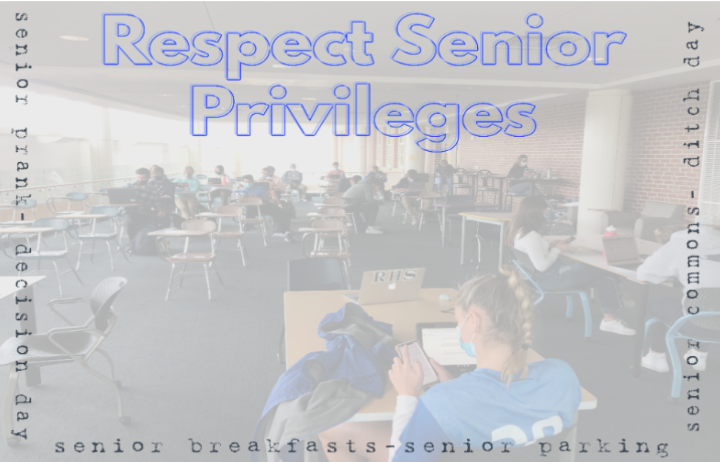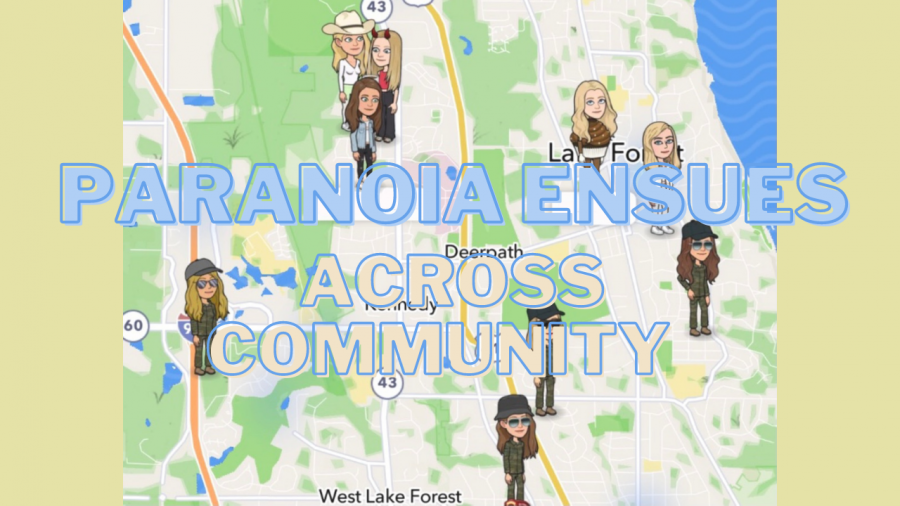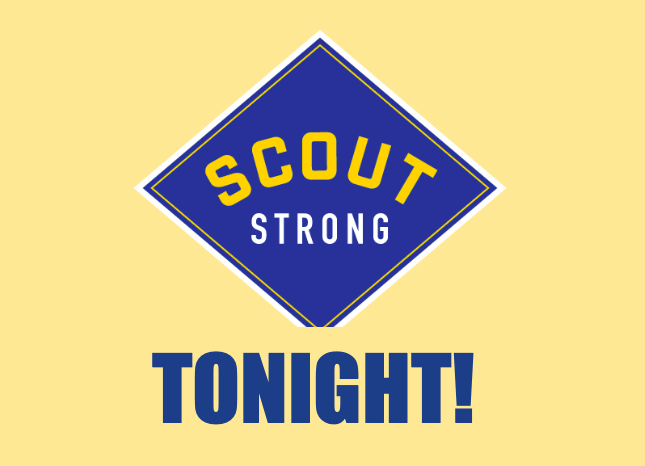Every weekend at parties in the Lake Forest, Lake Bluff, and Knollwood communities peer pressure takes place. Everyone who has been through high school has fallen victim to this social epidemic. Whether it be forcing someone to drink, smoke, or even JUUL at a social gathering, peer pressure takes place quite often within our society, and more specifically within our town. Peer pressure is defined as the influence from members of one’s peer group. Many parents in the LFHS community try to instruct their children to stand up to peer pressure. We have grown up being instructed by adults and educators alike on ways to avoid peer pressure. For example, seeking support, walking away from the situation, evaluating your friendships, asking 101 questions, and looking for positive role models. Teachers and adults provide these examples with demonstrations and use curriculum instruction time to relay them to students. They try to ingrain in the kids that there are many ways to get around and avoid peer pressure.
While these methods might work, what it boils down to is whether or not the students are comfortable enough with themselves to do it themselves. I personally believe that peer pressure is blown out of proportion by adults and educators. What educators and adults always say is that peer pressure is easily avoidable–you just need to find a group of friends that accept you for who you are and what you believe in. You don’t need to change friend groups; you just need to have enough faith in your social status to say “no” to your friends when a decision compromises your own moral compass. Ultimately, if you stand firm in what you believe in, people will back down. At the end of the day people just want you to be doing the same activities as them. But if you stand firm and give a reason for why you don’t want to partake in something, you don’t need to participate. While it many come in many different forms, peer pressure happens nearly every day in every place high-school-aged students are. People just need to be confident in their social standing to say no.
At a party, if a kid doesn’t want to drink, they should still attend the party because they’re confident enough in their social status to, as the mantra suggests, “just say no.” While they are at the party, they are probably going to be asked if they would like a drink, and if they say no, there is going to be a follow up question as to why.
Have an answer.
If you give a response that starts with “no,” followed by a brief explanation, kids will understand. Kids respect differing views. What parents and kids alike need to realize is that while some people don’t personally agree with not drinking at a party, they respect the decision and won’t give flak.
I knew of a senior last year who never drank in their life and people respected and never pressured them into drinking. This was because they said “no” once, gave a reason on why they didn’t want to drink, and moved on. Peer pressure is something that can be easily avoidable if you just believe in yourself, and stand firm in what you believe in.


